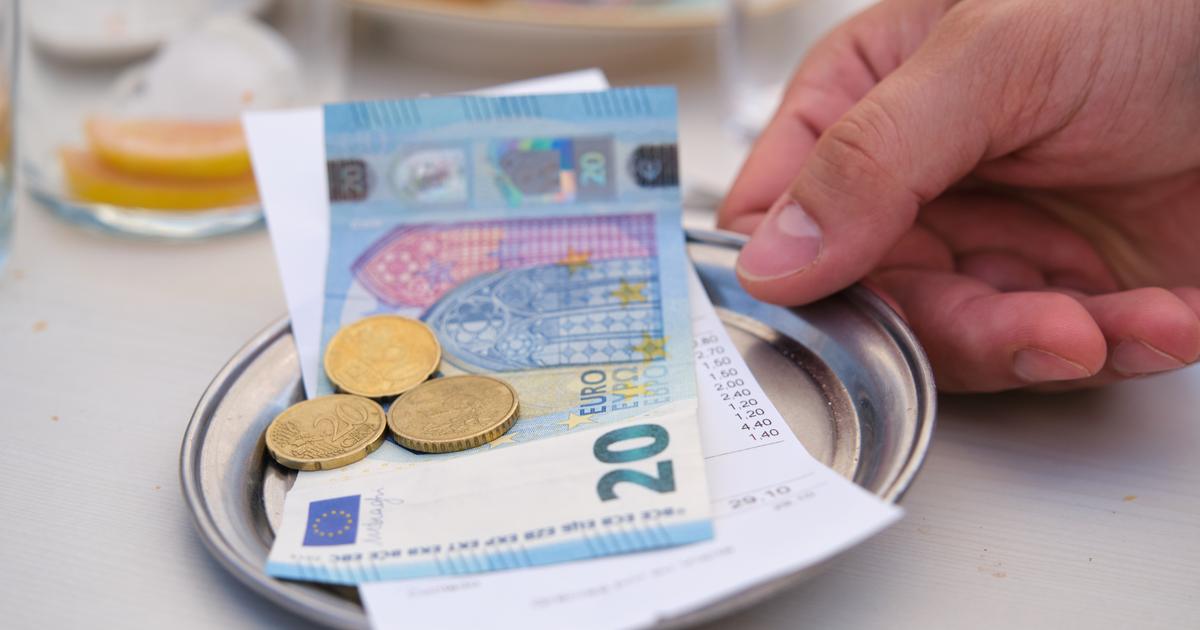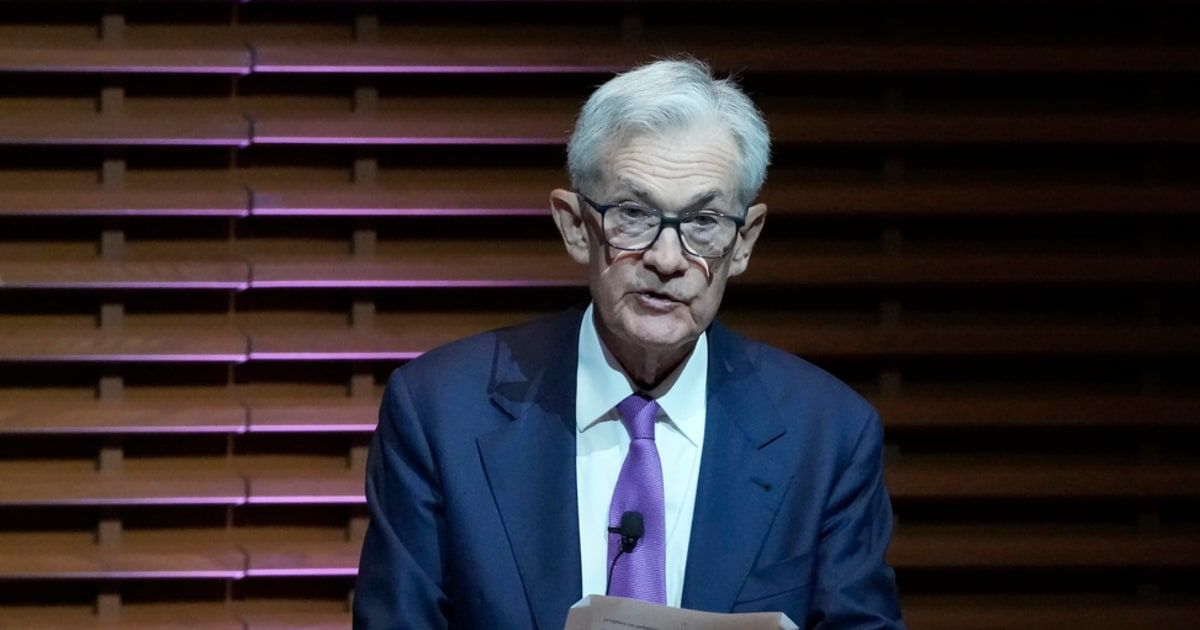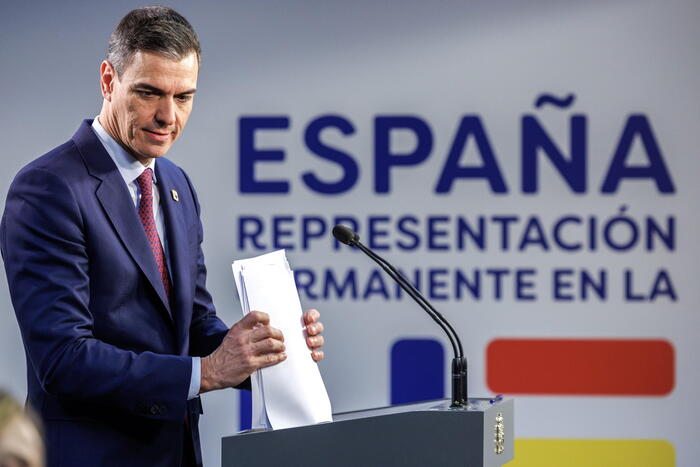Inflation slowed sharply in May in Spain to return to 3.2% year-on-year, mainly thanks to lower fuel prices, according to a provisional estimate published Tuesday by the National Statistics Institute (INE). This rate, which still has to be confirmed, is 0.1 points lower than in March (3.3%) and 0.9 points lower than in April (4.1%), marked by a rebound in inflation. It allows Spain to move a little further away from the peak of 10.8% reached in July, a record since the beginning of the statistical series 38 years ago, and to approach the target of 2% set by the European Central Bank.
" READ ALSO Municipal and regional elections in Spain: very heavy defeat for Pedro Sánchez
According to the INE, the slowdown in May is explained by the fall in fuel prices and, to a lesser extent, by a slower increase in food prices than last year. The harmonised index of consumer prices (IPCA), which allows comparisons with the other euro zone countries, rose by 2.9%, i.e. 0.2 points less than in April (3.1%). Core inflation, which does not take energy prices into account and is seasonally adjusted, fell by 0.5 points to 6.1% year-on-year.
A more comfortable location than most of its neighbors
The Spanish left-wing government has stepped up budgetary measures over the past 18 months to support the purchasing power of households, which has been strongly affected by inflation that rose to 8.4% on average last year. At the end of December, he announced the abolition of VAT on basic necessities, as part of a €10 billion aid package designed to stem soaring food prices. This measure brought to nearly 50 billion euros the total amount of measures taken by the Sanchez government for more than a year to help the Spaniards.
With this figure of 3.2%, Spain is in a more comfortable situation than most of its neighbors in the euro zone, where inflation reached 7% year-on-year in April. This dynamic is often put forward by the government, faced with discontent related to the decline in purchasing power, which partly explains according to analysts the defeat of the left in the Spanish local elections on Sunday. This defeat prompted Socialist Prime Minister Pedro Sanchez to call early general elections on 23rd July, deemed to be a bad start for the left.















